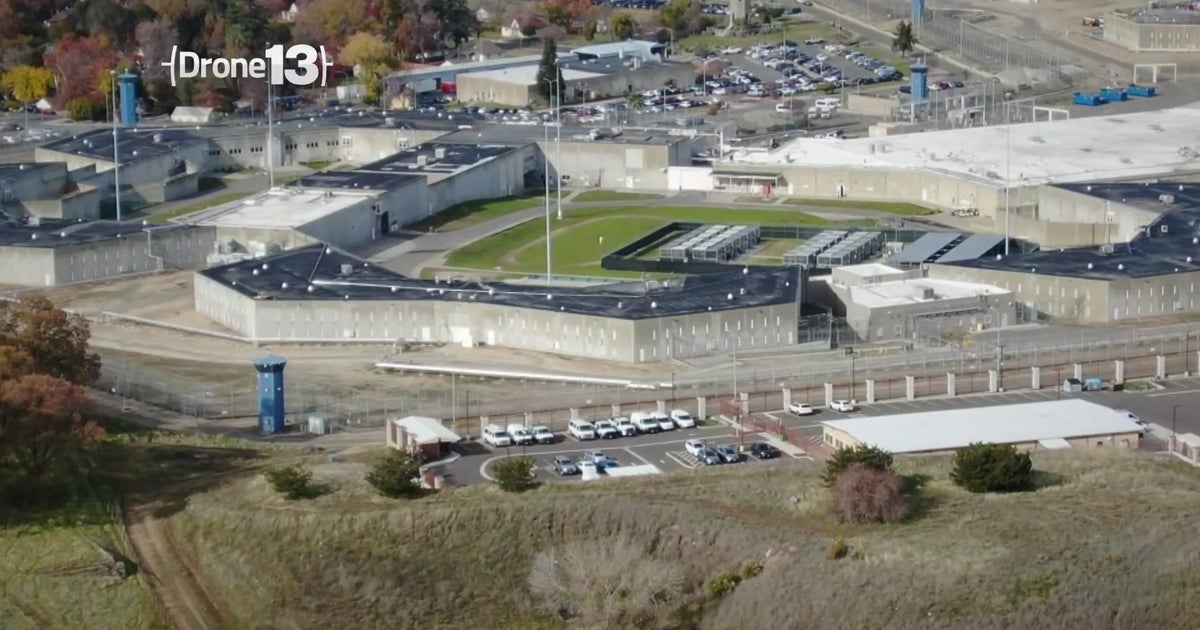Have Researchers Discovered A Leukemia Gene?
LOS ANGELES (CBS 2) — Researchers at Childrens Hospital Los Angeles Monday announced identification of a mutated gene which plays a role in the development of B-precursor leukemia, the most common form of childhood cancer.
The study was led by Dr. Fatih M. Uckun, leader of the Developmental Therapeutics Program at the Institute of Pediatric Clinical Research at Childrens Hospital Los Angeles, and published online in today's edition of Proceedings of the National Academy of Sciences, the Academy's official journal.
Their study found that the mutated gene, CD22, leads to development of B-precursor leukemia in children, especially in infants, according to Uckun.
B-precursor leukemia, also known as ALL, is a type of leukemia where an abundance of immature white blood cells appear in the blood and bone marrow.
The disease historically had a high mortality rate with nearly 80 percent of children failing to survive long term, but with better treatment and early diagnosis those numbers have been reversed with nearly 80 percent surviving long term, Uckun said.
This finding represents the first discovery of a specific CD22 defect in a human cancer, Uckun said.
Researchers hope identification of the defective gene will enable them to refine diagnostic techniques to better identify families who may be at risk for ALL.
(©2010 CBS Local Media, a division of CBS Radio Inc. All Rights Reserved. This material may not be published, broadcast, rewritten, or redistributed. Wire services contributed to this report.)







